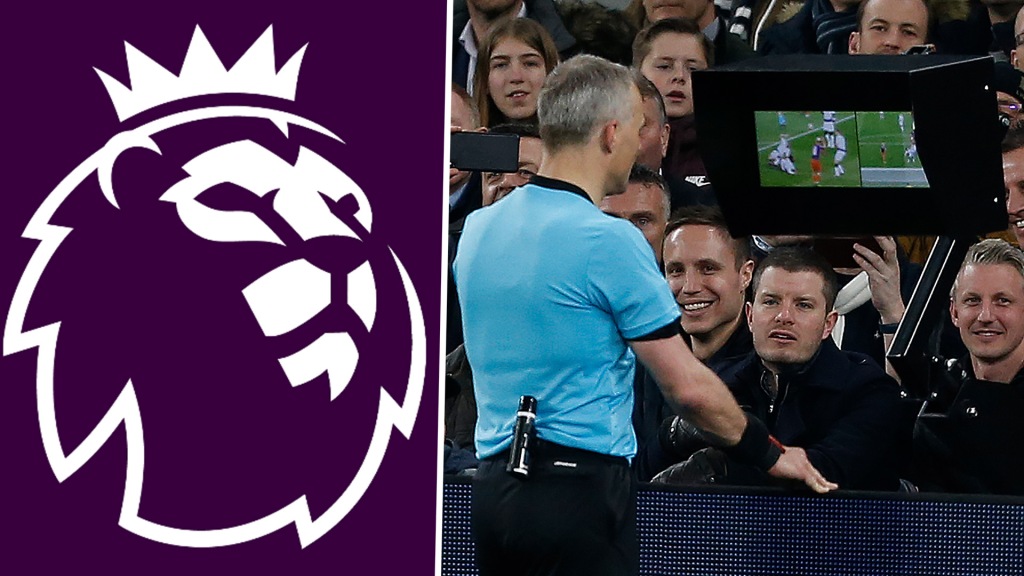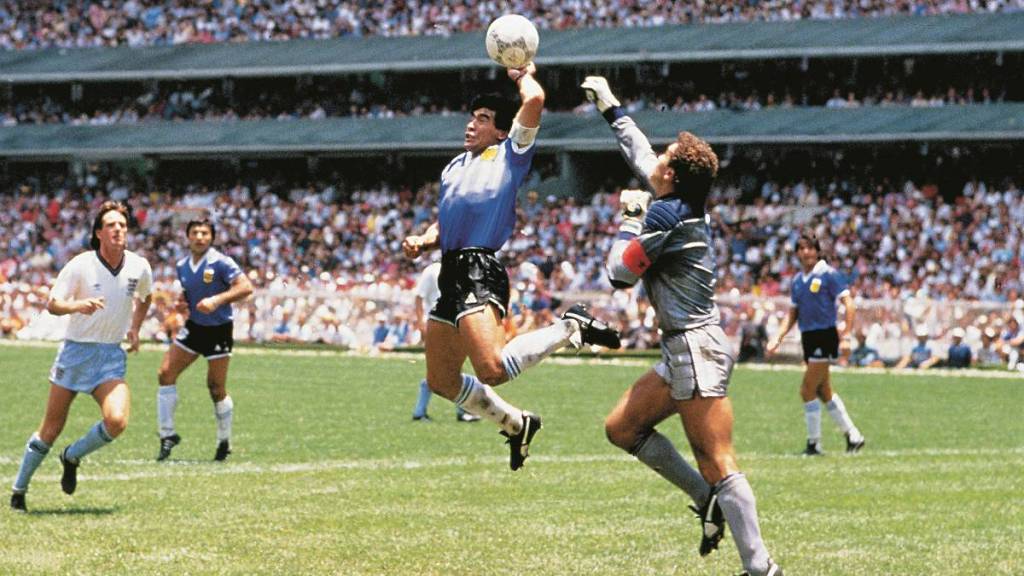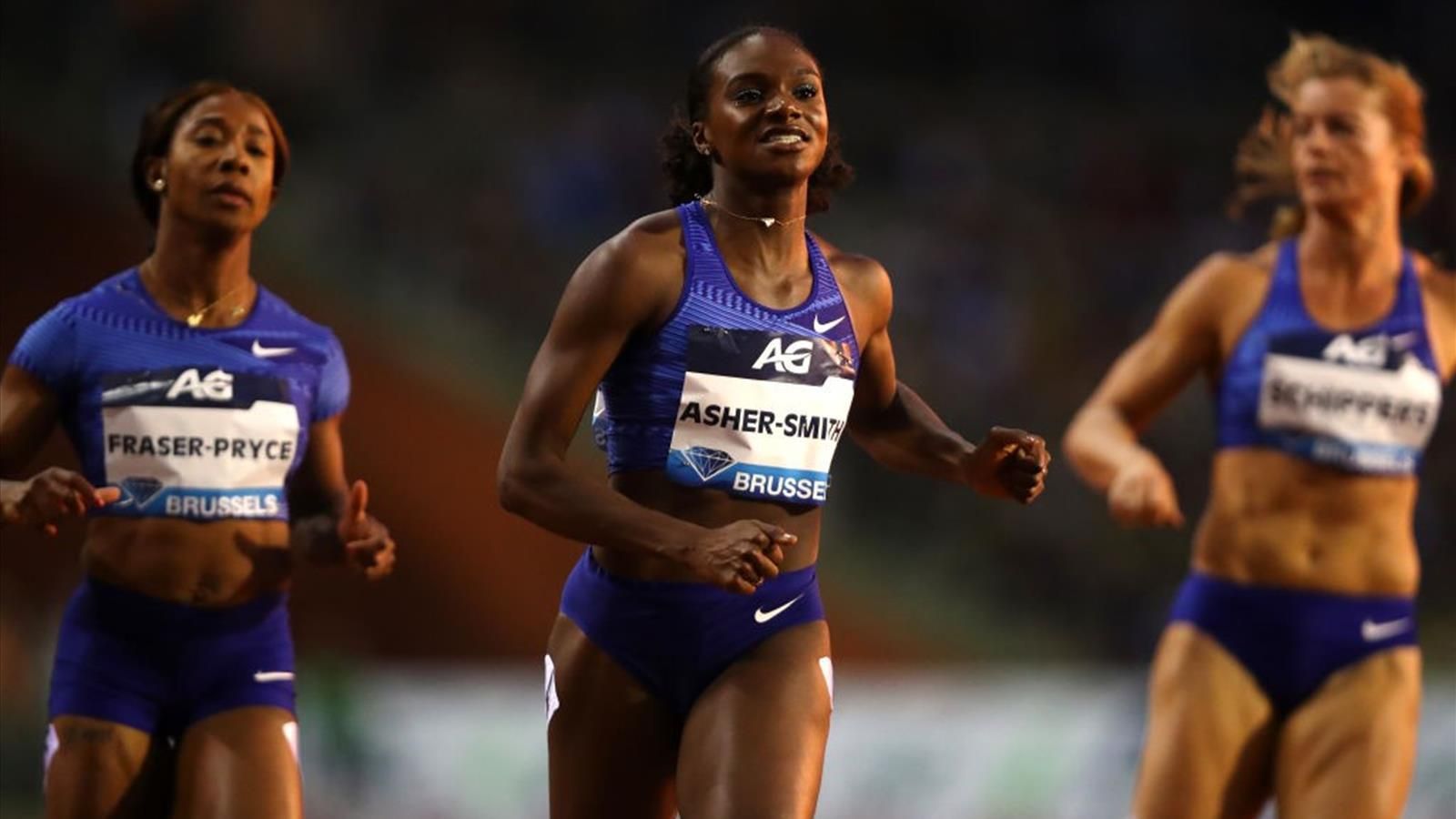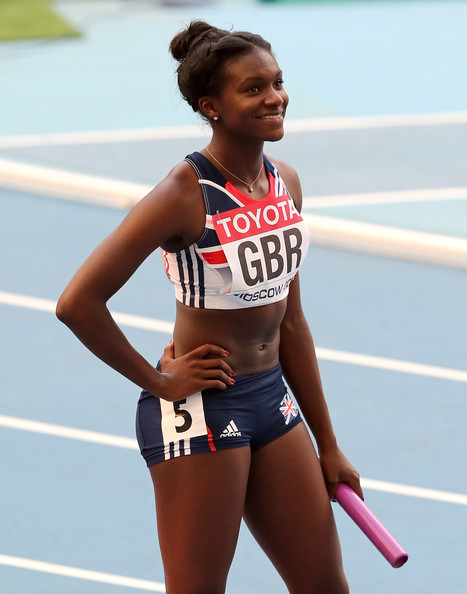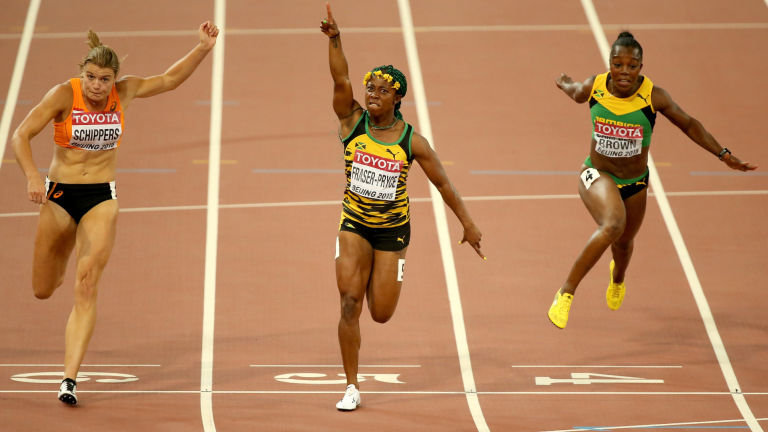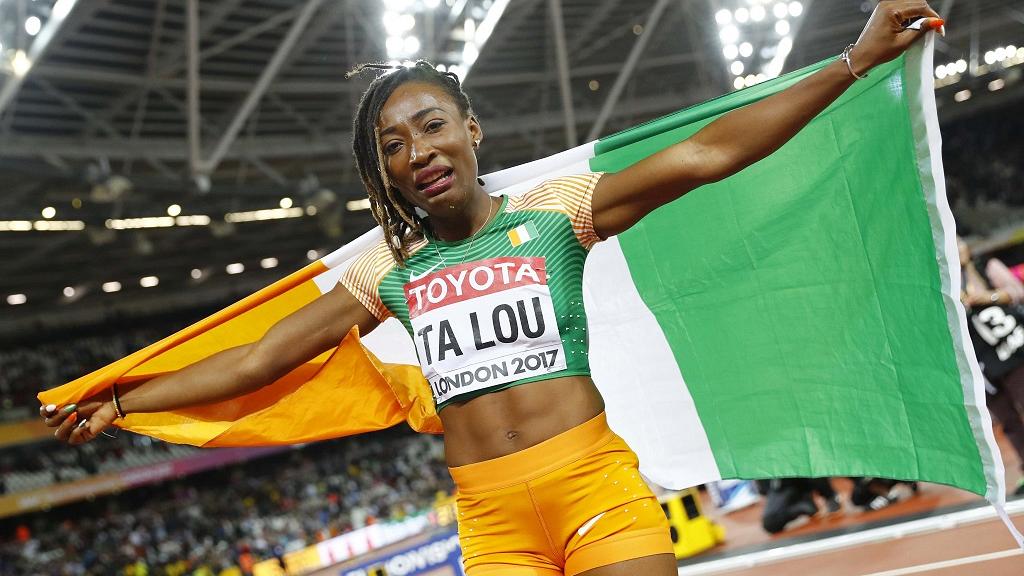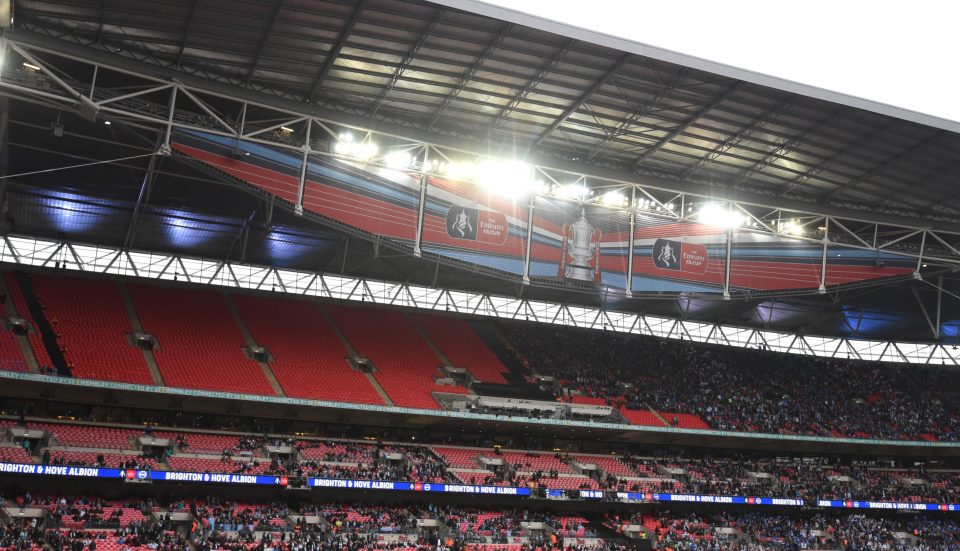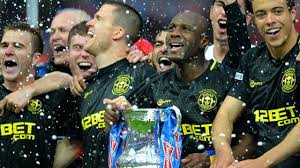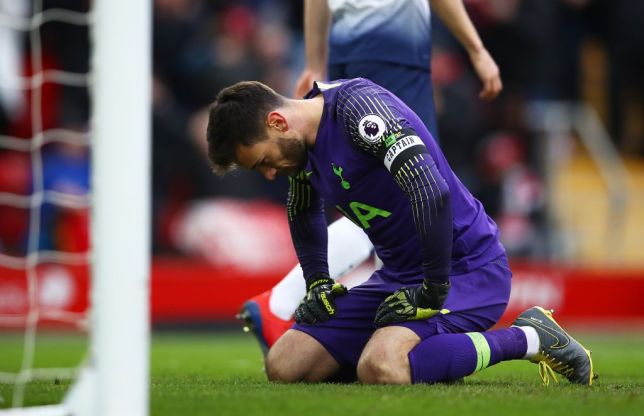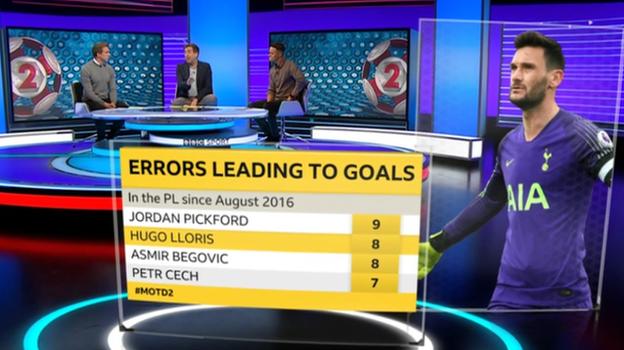Usain Bolt was without question the greatest sprinter in the history of track and field, having run a full tenth of a second faster than anyone else in both the 100 and 200 meters. It wasn’t only his on track efforts that made him special as he transcended his sport in a time that doping had cast a shadow over athletics, bringing it back into spotlight while becoming one of the world most famous and popular athletes.
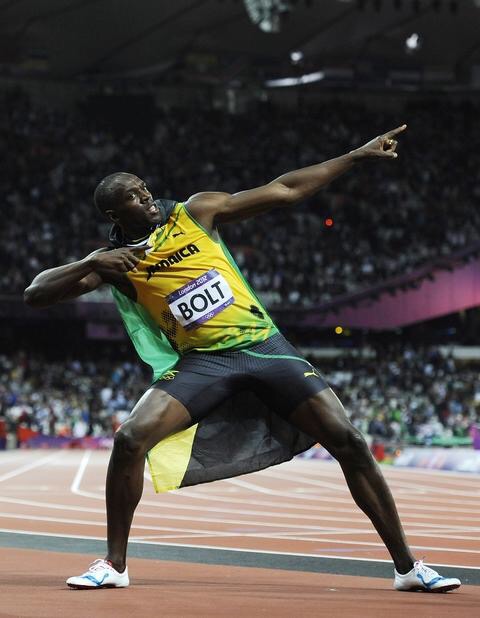
The World Championships in Doha this week marks the first global event since Bolt retired and an opportunity for a new superstar to take the reigns and the king of sprinting. Since the Jamaican hung up his spikes, the Jamaican dominance has ended and an influx of young American athletes look set to dominate.
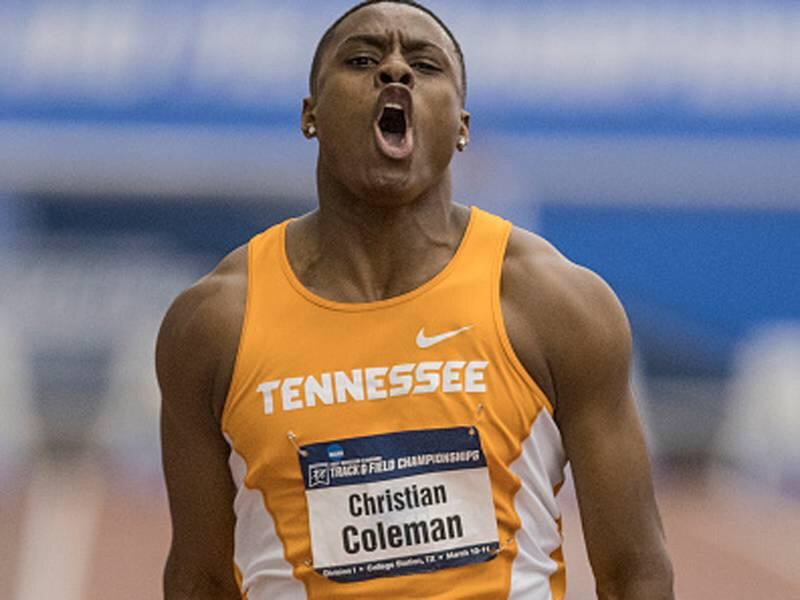
Christian Coleman burst onto the scene in 2017 and transferred his incredible collegiate form to the professional circuit; he ran a personal best 9.82 to win in Eugene to announce himself on the world stage in the lead up to the World Championships in London. At the championships he collected the silver medal behind veteran Justin Gatlin, notably defeating the great Usain Bolt in what would be the legend’s last ever individual race.
Though he didn’t capture the gold that night, the passing of the torch from one era to the next metaphorically took place as Coleman had the world at his feet at the tender age of just 21 years old.
The 9.82 that Coleman ran earlier that year proved to be the fastest time run of the season, an accolade he has held every year since the 2016 Olympics and including this year, improving his personal best to an impressive 9.79 in the process.
In addition to his impressive performance on the Diamond League circuit, Coleman broke a historic World Record, running 6.34 seconds in the 60m on route to World Championship indoor gold, early in 2018. This record had been held by multiple World and Olympic Champion Maurice Green for 20 years, and was recognised as one of the best in all of track and field further proving the young athlete’s incredible pedigree.
This season Coleman has encountered problems off the track as it is alleged that he missed 3 drug tests within 12 months, which under doping rules, if the athlete is found guilty would result in a 2 year ban. The young athlete has successfully appealed the decision on a technicality over the dates of the tests, and defiantly pleads his innocence pointing out that never has he tested positive for any performance enhancing substance, nor does he take supplements of any kind be them legal or illegal.
On the track this season Coleman has been impressive clocking 9.82 and performing well in the Diamond League circuit, he will enter the 100m as hot favourite to claim his first world outdoor title. Coleman has been defeated just once over the distance in the last 15 months, this by new American sprint sensation Noah Lyles. Lyles has chosen not to run the 100m in Doha and instead will focus on his specialist 200m discipline, further cementing Coleman’s role as favourite.
It could be argued that Noah Lyles is the most similar athlete to Usain Bolt in recent memory. He is not 6 foot 7, nor Jamaican, however what he does share is the larger than life personality to radiate his enjoyment while racing, and gain popularity without even having to run. He is an exceptional talent and in just his first professional season is already a world class athlete, and heavy favourite to become 200m World champion. While his early performances had already caught many an eye in the field of athletics, Lyles stormed into the forefront of all sports fan’s minds with a blistering 19.50 in Lausanne in July, becoming the 4th fastest man in history at the age of just 21 years old at the time. It is clear that there is more to come from the young superstar who has also run 9.86 in the 100m putting him 2nd only to Coleman in his less favoured event.

Much Like Usain Bolt, the 200m is Lyles’ preferred event, however while avoiding participation in both events at these championships, it seems only a matter of time before he attempts to recreate the achievements of Bolt by winning the double in the future. While Coleman will be favourite to win the 100m this year, Lyles has shown glimpses that he has the charisma and athletic ability to take on the mantle of being Bolt’s successor, carrying the sport forward and attracting new fans while also challenging his predecessor’s World Records.
In the past 4 years, US collegiate athletes such as Noah Lyles, Christian Coleman and before that former World bronze medallist Troy Bromell, have illuminated the USA back into the limelight after a decade or more of Jamaican sprinting dominance. In addition to Lyles, there has been another global superstar unearthed this year from the US collegiate system, that being 21 year old Michael Norman of the USA.
Norman announced himself to the world by running a breath taking 43.45 seconds 400m in April, the 4th fastest time ever. He is a specialist 400m runner but has also dazzled in the shorter distance of the 200m, becoming the 2nd fastest in the world this year only to Lyles when running 19.70 in a race in which he former was defeated. Like Lyles he has decided to run in only his specialist distance robbing us of an exciting clash of the two young Americans this year, however it is likely we will see them compete on the big stage in the none too distant future. Like Lyles he has the potential to become a household name not only in track and field but in all of sport.

Norman will battle for the gold in the 400m with 24 year old American teammate Fred Kearley and the Bahamian Kevin Gardiner, also 24, in what promises to be one of the races of the Championships, the two Americans having already run under 43.65 this season to take their place in the top 7 of all time.
The 400m sprint has been one of the most exciting events in recent years as Wayde Van Niekerk did the seemingly impossible, breaking the legendary Michael Johnson’s 400m World Record from lane 8, at the Rio 2016 Olympic Final. Following such a feat, huge things were expected of the young South African and many felt he would become the face of athletics, having also run great times in the 200m. At the 2017 World Championships Van Niekerk won gold in the 400m making him reigning World and Olympic champion, he did however look a tired shadow of his best when coming up short to only medal in the 200m final at the same event. A career threatening injury has since robbed us of the opportunity to see him on track, and a further setback this year ended his chance to defend his crown in Doha. While he had the talent to be the long term successor to Bolt, and has already written his name in the history books as a World and Olympic Champion and World record holder, time will tell whether he will ever be able to return to the athlete he once was and fulfil his unlimited potential.
To further demonstrate the dominance in modern sprinting of the US Collegiate system, to become this year’s NCAA double champion Nigerian Divine Oduduru set blistering marks of 9.86 and 19.73 to put him 3rd fastest in the world in both events. The 22 year old has struggled to match such performances so far on the professional circuit as yet so while unlikely to medal this year is a potential star of the future.
Outside of the sprinting newcomers, Adrian De Grasse of Canada was tipped by Bolt to be the long term heir to his throne following his achievements of a Silver and a Bronze in the 200m and 100m at the Rio Olympics 2016. De Grasse was injured just days before the 2017 World Championships having been expected to challenge for honours and has struggled with injuries ever since. In recent months the sprinter, still just 24 years of age has shown some encouraging form setting seasons best in both events and will be hoping to peak at the perfect time for the championships.
De Grasse at his best is capable of reaching the podium or even winning and will need to start well to challenge Coleman. The speed of Coleman’s start which is illustrated in his superb 60m performances usually gives him an early lead in races, with those athletes also specialising in 200m, with greater strength endurance challenging him late on. The South African Akani Simbine, Chinese athletes Su and Xie together with the British pair Zarnell Hughes and Adam Gemili could all challenge form the podium places if Coleman struggles late on.
While the above athletes may prove to be the future of sprinting, there are experienced world class athletes who have the chance to challenge them to be its present.
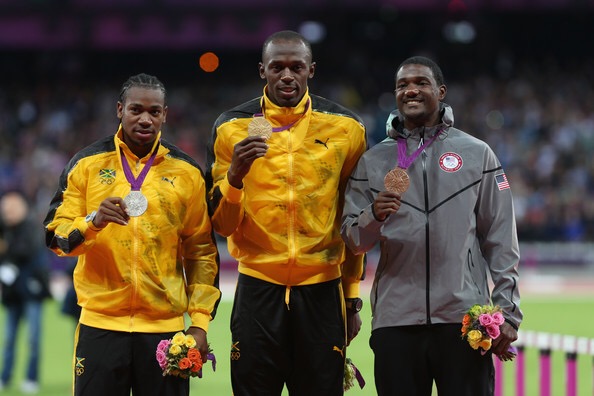
Experienced reigning World champion Justin Gatlin has even at 37 managed to run 9.87 this season and brings a wealth of success and experience in championship finals. If in the 100m the younger stars feel the pressure, Gatlin is very capable of defending his crown. To a lesser degree the second fastest man in history both in the 100m and 200m Yohan Blake can also be considered, however injuries seem to have robbed him of the ability to compete at the very pinnacle. In the 200m reigning World Champion Ramil Guliyev and Colombian Alex Quinonez in addition to those mentioned will also look to challenge after establishing themselves as strong championship performers.
As we search for a successor to Usain Bolt, Doha should be the platform to finally create new superstars as sprinting attempts to escape the great man’s shadow. Young stars such as Coleman, Lyles and Norman should thrive, with warm conditions good times should be run and as always, a few surprises may occur. One thing is for sure however and that is the new era of sprinting starts in Doha.







